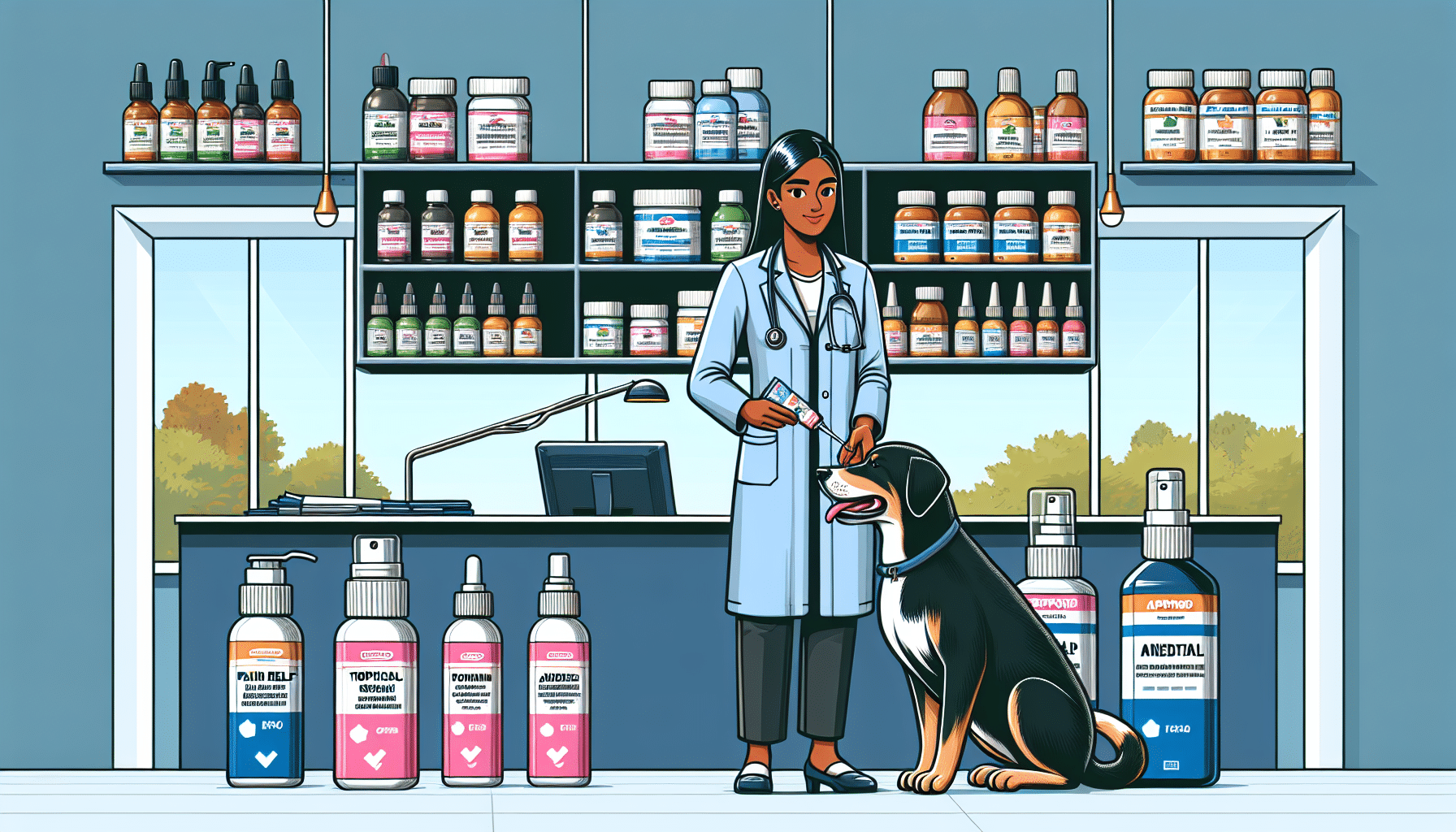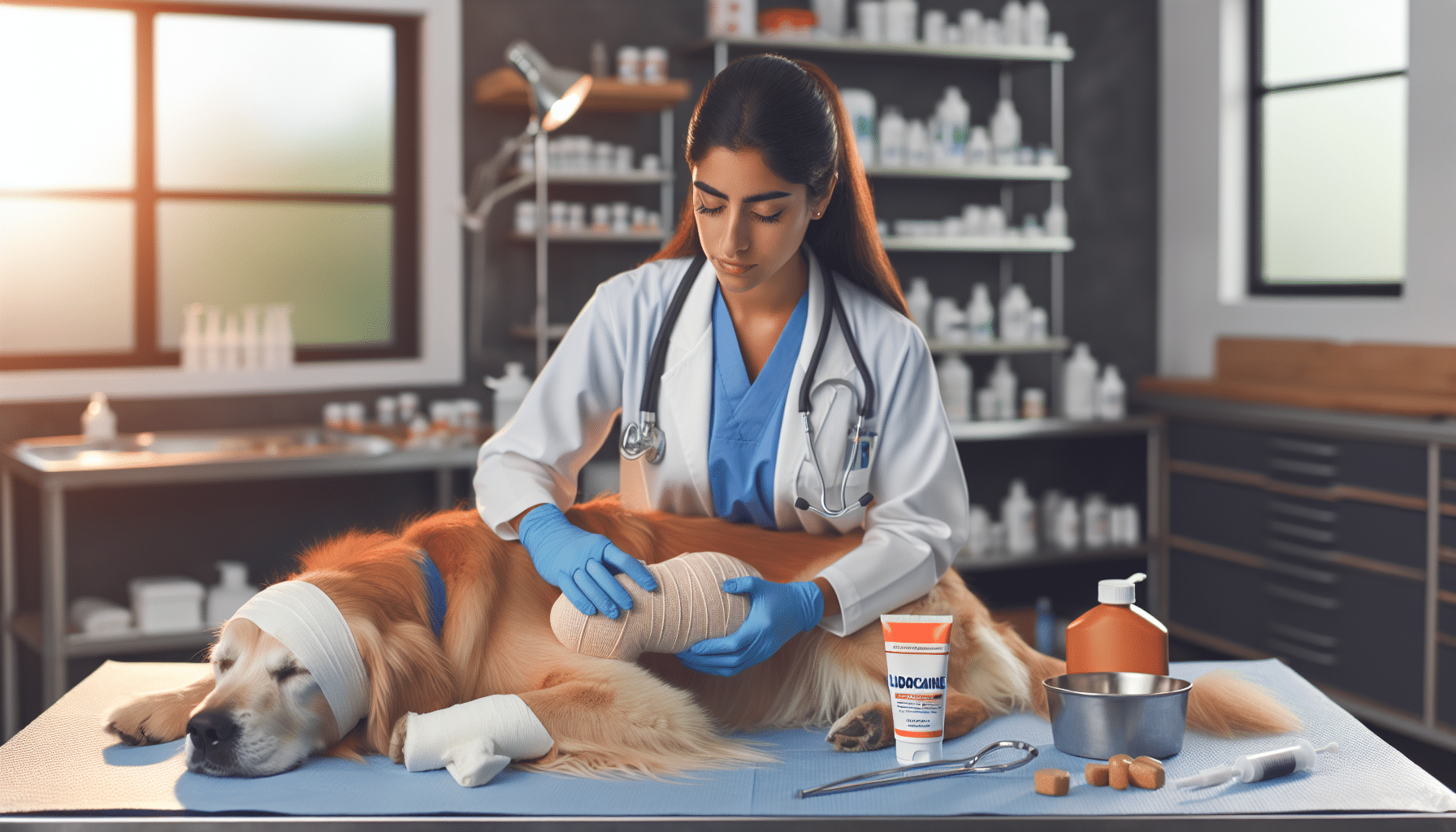Understanding why your dog keeps swallowing is essential for responsible pet owners. This behavior can indicate various underlying issues, from emotional distress to physical problems. At Vet Today, we’re dedicated to providing accurate information to help you identify the potential causes and available solutions for canine swallowing difficulties. In this blog, we will explore the normal canine swallowing process, common causes of swallowing problems, and what you can do to help your furry friend.
Understanding Dog Swallowing Behavior
The swallowing process in dogs involves several coordinated actions, including closely related behaviors like gulping and licking. Normally, dogs may gulp when they eat, drink, or when they are excited. While occasional swallowing is typical and often harmless, repeated swallowing in dogs can signal a more serious concern that requires attention.
Excessive salivation in dogs may co-occur with swallowing problems, indicating distress or discomfort. If you notice your dog gulping and licking more than usual, it’s crucial to monitor these behaviors and consider the context in which they occur. A dog’s swallowing action can sometimes stem from anxiety, which is not uncommon in our pets.
Common Causes of Swallowing Difficulties in Dogs
There are several underlying causes for swallowing difficulties in dogs, and recognizing these can be vital for treatment:
- Ingestion of Foreign Objects: Dogs often explore their environment by chewing and swallowing. This behavior can lead to choking or obstruction if they consume non-food items.
- Dental Problems: Conditions like periodontal disease or broken teeth can make swallowing painful for your dog, leading to gulping behavior.
- Throat or Esophageal Disorders: Issues such as esophagitis can affect a dog’s ability to swallow comfortably, causing them to swallow repeatedly.
- Gastrointestinal Issues: Conditions like gastritis or parasites can lead to nausea, causing your dog to gulp as they attempt to relieve discomfort.
- Allergies or Irritants: Exposure to allergens or irritants can cause throat swelling or discomfort, contributing to swallowing issues
- Anxiety or Stress: Dogs may exhibit excessive swallowing as a coping mechanism during stressful situations.
- Medications with Side Effects: Certain medications can cause increased salivation or a sense of nausea, triggering a gulping response.
Table of Swallowing Causes and Symptoms
| Cause | Symptoms |
|---|---|
| Ingestion of Foreign Objects | Choking, gagging, constipation |
| Dental Problems | Pain while eating, reluctance to chew |
| Throat/Esoophageal Disorders | Coughing, drooling, refusal to eat |
| Gastrointestinal Issues | Nausea, vomiting, lethargy |
| Allergies | Scratching, ear infections, watery eyes |
| Anxiety or Stress | Excessive restlessness, pacing |
| Medication Side Effects | Increased salivation, lethargy |
If your dog exhibits symptoms like repeated swallowing, it is vital to consult a veterinarian. They can assess your dog’s condition and provide appropriate interventions. For more information, visit reputable sources like the AVMA, AAHA, or the FDA Center for Veterinary Medicine for further guidance.

Observing your dog’s behavior can provide critical insights into their health, particularly regarding gastrointestinal issues. One behavior that may raise concerns is when your dog keeps swallowing, which can indicate an underlying problem. In this guide, we will explore the causes and solutions associated with repeated swallowing in dogs, as well as tips for prevention and treatment.
Identifying Swallowing Issues in Your Dog
It’s vital for pet owners to recognize the signs of swallowing issues in their dogs. Some common indicators include:
- Excessive salivation in dogs.
- Frequent dog gulping behavior.
- Regular licking of the lips or excessive swallowing after meals.
- Signs of distress such as coughing or gagging.
To differentiate between occasional and excessive swallowing, consider the frequency and context of this behavior. If your dog is swallowing frequently throughout the day, rather than during specific activities such as eating or drinking, it may indicate a problem that needs attention. Always consult your veterinarian if you notice these signs, especially if accompanied by other symptoms like vomiting or lethargy.
Diagnosing Swallowing Problems in Dogs
Diagnosing the reason why your dog keeps swallowing involves a thorough evaluation by a veterinarian. A physical examination is essential in assessing your dog’s overall condition and identifying any abnormalities.
Veterinarians may also recommend diagnostic tests, including:
| Test Type | Description |
|---|---|
| X-rays | To visualize any obstructions in the digestive tract. |
| Blood work | To check for infections or underlying illnesses. |
| Endoscopy | For a closer look at the throat and esophagus. |
Identifying the underlying cause is crucial in determining the best course of treatment for your dog. Issues could range from mild to severe, and a timely diagnosis can lead to effective management.
Treating Swallowing Difficulties in Dogs
Treatment options for your dog’s swallowing problems vary depending on the identified cause. Common treatments may include:
- Medications to manage nausea or inflammation.
- Surgery, if an obstruction is suspected and needs removal.
- Dietary changes to prevent gastrointestinal upset.
It is essential to follow your veterinarian’s recommendations closely, as they will guide you on the best approach for your individual dog. Additionally, making adjustments at home, such as feeding smaller, more frequent meals, can help alleviate excessive swallowing. Consider consulting resources like the AVMA or AAHA for more insights into pet care.
Preventing Swallowing Issues in Dogs
Preventing swallowing issues in dogs is key to maintaining their health. Here are some practical tips:
- Pet-proof your home: Keep harmful substances and small objects out of reach.
- Regular dental care: Dental issues can lead to discomfort and swallowing problems.
- Balanced nutrition: Ensure your dog is on a proper diet and avoid feeding them table scraps.
Implementing these preventive measures can significantly reduce the risk of gastrointestinal problems in dogs. Regular veterinary check-ups will also help maintain your dog’s overall well-being. If you’re looking for more information on pet care, check out the CDC Healthy Pets, Healthy People resource.

Understanding your pet’s behavior and what may cause changes, such as regular or excessive swallowing, is paramount to their health and happiness. A dog keeps swallowing due to a variety of physical or psychological reasons, ranging from a simple itch in the throat to a surgical complaint. This blog post will delve deeper into the reasons behind your dog’s gulping behavior, ensuring thorough knowledge of canine swallowing problems.
FAQS
1. What are some possible signs that my dog is having swallowing difficulties?
There are several indications your dog may be facing some swallowing difficulties or dog throat issues. Signs to look for include:
- Excessive salivation in dogs
- Frequent or Repeated swallowing in dogs
- Forceful coughing
- Unusual chewing
- Loss of appetite or weight
- Dog gulping and licking, or pawing at their mouth
- Change in voice or bark
- Fatigue or lethargy
2. Can behavioral issues, such as anxiety or stress, cause swallowing problems in dogs?
Yes, behavioral issues play a significant part in the gulping behavior seen in dogs. Anxiety or stress can lead to conditions like aerophagia, where a dog swallows air excessively. This issue can, later on, lead to gastric dilation-volvulus (GDV), a life-threatening condition. For behavioral modifications and training techniques, you may refer to [International Association of Animal Behavior Consultants](https://iaabc.org/).
3. How can I help my dog if it has swallowed a foreign object?
If you suspect your pet has ingested something it shouldn’t, don’t delay in seeking assistance. Swallowed foreign objects can cause significant discomfort, potentially leading to serious health issues including peritonitis or a blocked intestine. While some items may pass naturally, others may require medical or surgical intervention. It’s always advisable to contact your veterinarian or a trusted organization such as the [ASPCA Animal Poison Control Center]( https://www.aspca.org/animal-poison-control) for guidance.
4. Is there anything I can do at home to help my dog’s swallowing problems?
You can employ several techniques to help manage your dog’s swallowing issues at home. Consult your vet before implementing these solutions:
- Provide fresh water: Make sure clean water is available at all times. Dehydration can aggravate swallowing issues.
- Diet modification: Switching to wet food may help mitigate swallowing difficulties.
- Calming techniques: If stress or anxiety is a cause, techniques to calm your dog like regular exercise, interactive toys, or even a good old belly rub can help.
5. When should I seek veterinary care for my dog’s swallowing issues?
Seek professional help immediately if your dog exhibits severe symptoms such as persistent vomiting, retching, coughing up blood, or showing distress. Emergency veterinary providers such as [BluePearl Specialty and Emergency Pet Hospital](https://bluepearlvet.com/) can offer immediate assistance for severe issues. For mild symptoms, a regular consultation with your veterinarian is recommended. Understanding the causes of swallowing difficulties in dogs early can help mitigate more serious issues down the line.
Conclusion
Excessive, repeated swallowing in dogs can stem from various physical and behavioral issues. It’s important for responsible pet owners to recognize these signs early on and seek veterinary guidance when necessary. Remember, a healthy and happy pet requires proactive and loving care.
Always consult a vet if you have any concerns about your pet’s health, notably if your dog keeps swallowing excessively or has throat problems. Rely on trusted resources like Vet Today to offer expert advice on pet care and health needs. We are dedicated to helping you navigate pet ownership and healthcare to ensure your furry friend leads a happy and healthy life. Good luck, and remember, we’re always here to help!





